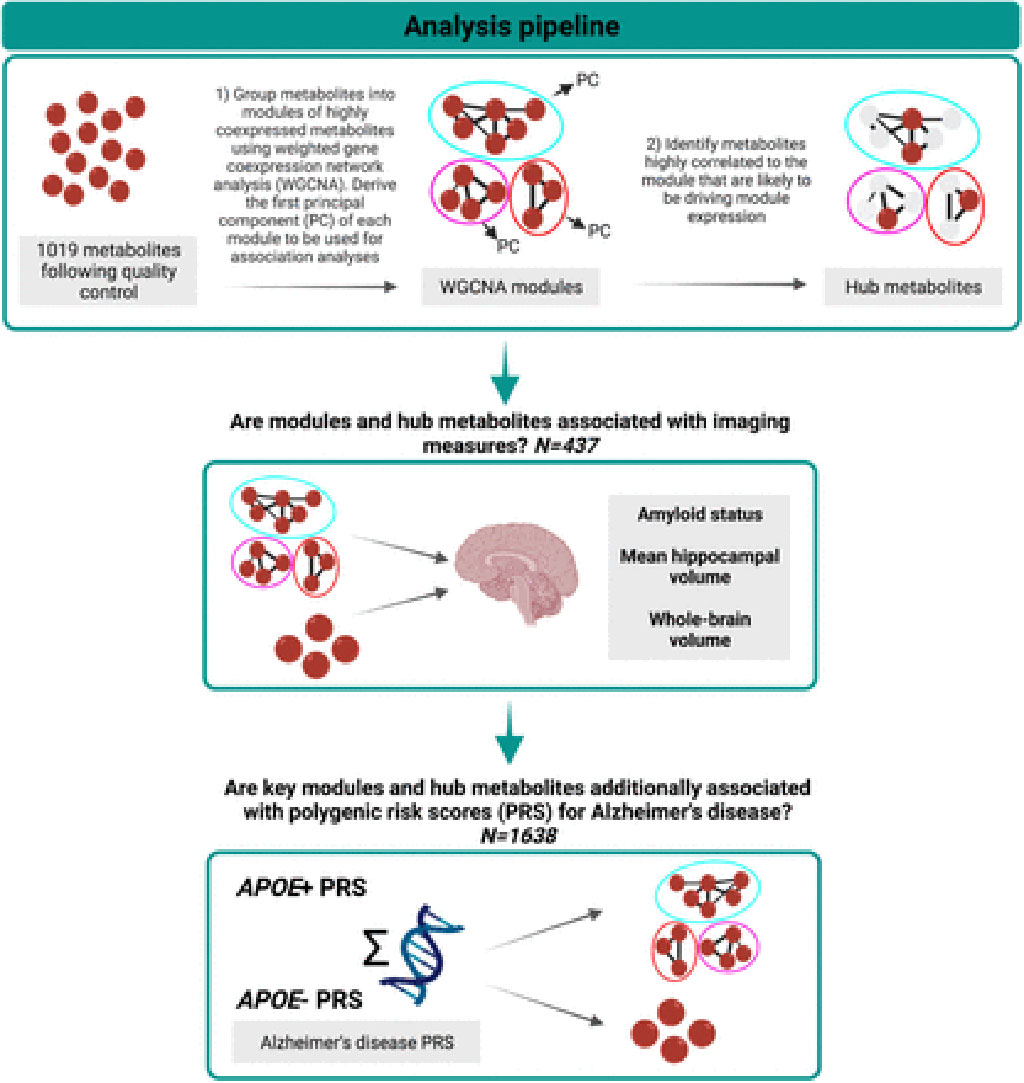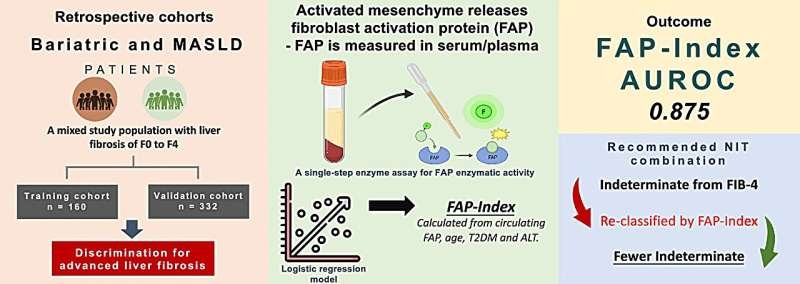Lipid Measurements Show Potential as Alzheimer’s Disease Biomarkers
Posted on 17 May 2022
Brain changes accompanying ageing are varied and can include pathologies that lead to cognitive impairment, the commonest of which is Alzheimer’s disease (AD). Identifying blood-based signatures of brain health and preclinical pathology may offer insights into early disease mechanisms and highlight avenues for intervention.
Previous studies have identified associations between several metabolite classes and imaging markers related to neurodegeneration, including particular lipids and amino acids. Blood metabolites may also present as potential candidates for these associations. Due to their proximity to core biological processes, they are uniquely placed to capture real-time physiological changes and may allow insights into the processes associated with emergence of disease.

A team of medical scientists led by the University College London group (London UK) enrolled at age 69-71, 502 participants in Insight 46, the neuroscience sub-study. Accompanying MRI and amyloid-PET imaging data were present for 437 participants. Blood samples were collected by trained research nurses. Samples were stored at - 80⁰ C. Following quality control, concentrations of 1,019 metabolites, detected with liquid chromatography-mass spectrometry, were available for 1,740 participants at age 60-64.
The scientists used Ultrahigh Performance Liquid Chromatography-Tandem Mass Spectrometry (UPLC-MS/MS), concentrations of 1,401 metabolites were detected and measured by Metabolon Inc (Durham, NC, USA) among participants. Metabolites were assigned to nine families (lipids, amino acids, xenobiotics, peptides, nucleotides, cofactors and vitamins, carbohydrates, energy and partially characterized molecules) and further organized into pathways. Unknown metabolites were assigned to an “Unknown” family and pathway and denoted by a number prefixed by an “X”; these were included in all analyses.
The investigators reported that in the fully adjusted model, three lipid modules were associated with a brain volume measure: one enriched in sphingolipids, one in several fatty acid pathways, and another in diacylglycerols and phosphatidylethanolamines. Twenty-two hub metabolites were associated with an imaging outcome. Some nominal associations were reported for amyloid-β, and with an AD PRS in the genetic analysis, but none survived multiple testing corrections.
The authors concluded that their findings highlight relationships between groups of lipids and structural brain measures, as well as key metabolites within these that are likely to be driving associations. Future work should be directed towards understanding if these metabolites associate with longitudinal changes in brain volumes, and whether relationships are causal; this could advance our understanding of brain health and neurodegeneration, and reveal possible targets of intervention. The study was pre-published on April 29, 2022 in the journal medRxiv.
Related Links:
University College London
Metabolon Inc














